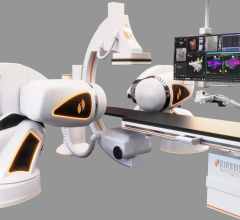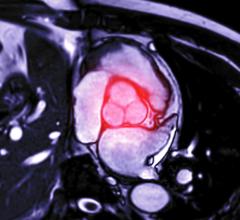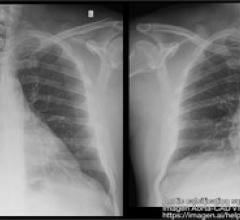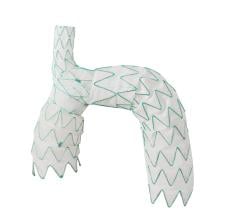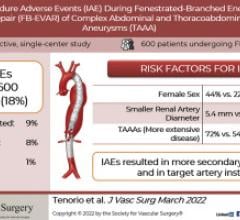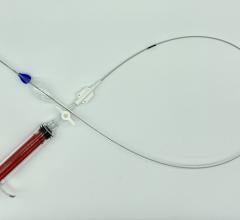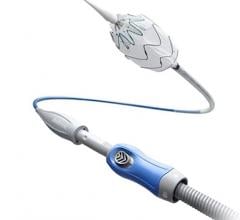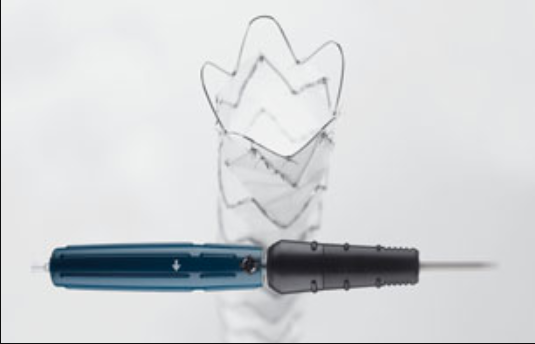
October 9, 2017 — The U.S. Food and Drug Administration (FDA) is evaluating recent information regarding Type IIIa and IIIb endoleaks with the use of endovascular graft systems indicated for a procedure known as endovascular aneurysm repair (EVAR). EVAR treats abdominal aortic aneurysms (AAA) and aorto-iliac-aneurysms.
Recent information from several sources, including FDA's Medical Device Reporting (MDR) system and Annual Clinical Updates to Physicians by the manufacturers, suggests an increase in the occurrence of Type III endoleaks. This increase is compared to earlier clinical update reports in patients with various device models and implant duration lengths, including some patients who had previously stable repairs.
FDA is bringing this potential complication to the public’s attention to remind and encourage them to report Type IIIa and IIIb endoleak events to the manufacturer and the FDA. This may include reporting individual events as well as rates they may have experienced in their practice.
The FDA continues to work with all manufacturers of endovascular graft systems to better understand this issue, including the prevalence of Type III endoleaks, contributing factors, and the risks and benefits of secondary interventions to address these endoleaks. The FDA will keep the public informed as significant new information becomes available.
EVAR is intended to exclude the AAA sac from the arterial circulation and prevent AAA rupture, which is a life-threatening event. In the presence of a Type III endoleak, AAA is not excluded from flow and systemic arterial pressurization of the aneurysm sac, resulting in an increased risk of rupture.
The FDA considers a Type III endoleak a device-related event that requires treatment with additional interventions such as re-lining, insertion of additional endograft components or open surgical repair. The secondary interventions to address endoleaks carry added risks for impacted patients. Predictors of Type III endoleak may include treatment with early generation graft materials, the presence of calcified plaque, and inadequate overlap between components.
The FDA recommends that healthcare providers:
- Continue lifelong surveillance of patients who have been treated with endovascular grafts;
- Consider Type III endoleaks in the differential diagnosis of patients presenting with symptoms of potential aneurysm expansion or rupture;
- Discuss with your patients all available treatment options to address Type III endoleaks, including the risks and benefits of each, before deciding the best treatment approach;
- Report any of the following to MedWatch, the FDA Safety Information and Adverse Event Reporting Program Online Voluntary Reporting Form:
- early or late device-related adverse events – including Type IIIa and IIIb endoleaks – associated with the use of endovascular graft systems in EVAR;
- device-related adverse events that occur as a result of a secondary intervention to treat Type III endoleaks; and
- Device manufacturers and user facilities must comply with the applicable Medical Device Reporting (MDR) regulations. Healthcare personnel employed by facilities that are subject to FDA's user facility reporting requirements should follow the reporting procedures established by their facilities. Prompt reporting of adverse events can help the FDA identify and better understand the risks associated with medical devices.
Healthcare professionals and patients are encouraged to report adverse events or side effects related to the use of these products to the FDA's MedWatch Safety Information and Adverse Event Reporting Program:
- Complete and submit the report Online: www.fda.gov/MedWatch/report
- Download form or call 1-800-332-1088 to request a reporting form, then complete and return to the address on the pre-addressed form, or submit by fax to 1-800-FDA-0178
Read the MedWatch Safety Alert, including a link to the FDA Letter to Health Care Providers.
For more information: www.fda.gov

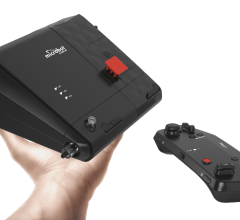
 September 18, 2025
September 18, 2025 

